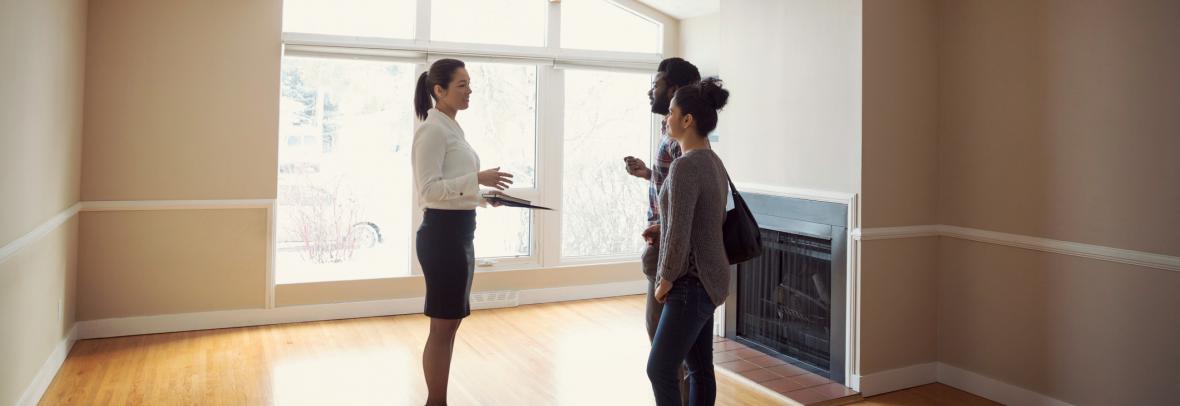
Florida Disclosure Laws: What Sellers Have to Share About Their Home
Material facts
- In Johnson vs. Davis, the Florida Supreme Court held that “where the seller of a home knows of facts materially affecting the value of the property which are not readily observable and are not known to the buyer, the seller is under a duty to disclose them to the buyer.” This obligation extends to licensees and, per Section 475.278, Florida Statutes, all licensees have a legal obligation to disclose all known facts that materially affect the value of residential real property and are not readily observable to the buyer. The disclosure can be made in writing or verbally, although it is highly recommended to make the disclosure in writing in case any issue regarding disclosure pops up later. Even if a home is being sold “as is,” the seller has an obligation to disclose known latent defects. In Rayner vs. Wise Realty Co. of Tallahassee, the First District Court of Appeal provided that this same disclosure requirement applies to residential properties that are being sold as is.
- A homicide, suicide, or death that occurred on a property is not a material fact that must be disclosed in a real estate transaction. (Section 689.25(1)(b), Florida Statutes)
Criminal self-reporting requirement
If a Florida real estate licensee has been convicted or found guilty of a crime, or has entered a plea of nolo condentere, in any jurisdiction, the licensee must report the crime within 30 days to the Department of Business and Professional Regulation (DBPR). (Chapter 455.227(1)(t), Florida Statutes) There is no self-reporting requirement for personal finances, including personal foreclosure. Click here to learn more about criminal self-reporting.
Endangered species
In Florida, the gopher tortoise is classified as a threatened species, and the gopher tortoise and its burrow are protected by state law. It’s illegal to harm, capture or transport gopher tortoises or damage their burrows, except as authorized by specific Florida Fish and Wildlife Conservation Commission (FWC) permit. Property owners may need to capture and relocate all gopher tortoises before development-related activities can begin. Click here to learn more information about gopher tortoises and the permit process.
Radon
- A specific statutory radon gas disclosure must be provided prior to or at the time of execution of a contract for sale and purchase of any building or execution of a rental agreement for any building. However, it does not apply to residential transient occupancy in a public lodging facility for 45 days or less. (Section 404.056(5), Florida Statutes)
- All Florida Realtors sales contracts contain the required statutory language within the body of the contracts. The Florida Supreme Court–approved leases also contain the required verbiage. As such, there is no separate radon disclosure form.
- The radon gas disclosure is not required for transactions involving unimproved properties (for example, vacant land).
Code enforcement action
If a home has a pending code enforcement action against it, the seller has several requirements. The seller must
- disclose, in writing, the existence and the nature of the proceeding to the prospective buyer
- deliver to the prospective buyer a copy of the pleadings, notices and other materials relating to the code enforcement proceeding received by the transferor
- disclose, in writing, to the prospective buyer that the new owner will be responsible for compliance with the applicable code and with orders issued in the code enforcement proceeding
- file a notice with the code enforcement official of the transfer of the property, with the identity and address of the new owner and copies of the disclosures made to the new owner, within five days after the date of the transfer.
Failure to make the disclosures above before the transfer of property creates a rebuttable presumption of fraud.(Sections 125.69 (4)(d) and 162.06(5), Florida Statutes)
Insulation information in a new home
Every new home sales contract must include the type, thickness and R-value of the insulation that will be installed in each part of the house. There is one exception: If the buyer signs a sales contract before you know what type of insulation will be installed or if there is a change in the contract, you can give the buyer a receipt stating this information as soon as you find out. (Section 16, CFR 460.16) Both types of Florida Realtors residential sales contracts have an addendum or rider to provide this disclosure.
